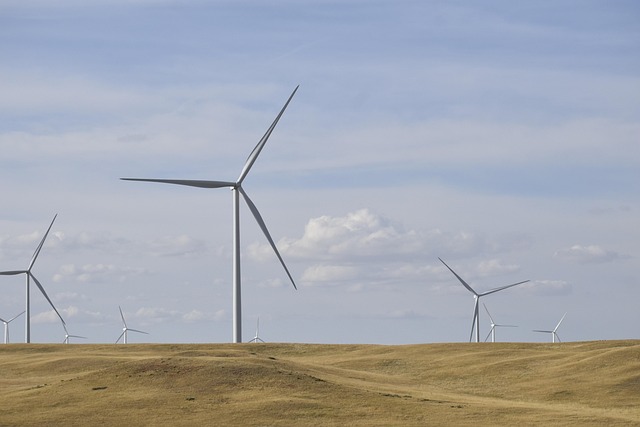As the world faces the growing challenges of climate change, resource depletion, and population growth, the importance of sustainable production in agriculture has never been clearer. The future of agriculture is not solely about increasing yields; it’s about doing so in a way that preserves our environment and uplifts rural communities. Sustainable production practices are essential for ensuring food security while fostering economic growth in these areas.
Transport sustainability plays a crucial role in this equation. The way we move agricultural products from farms to market can significantly affect the carbon footprint associated with food production. Implementing eco-friendly transport methods not only reduces emissions but also lowers costs, making it easier for rural farmers to access larger markets. Investing in local transport infrastructure, such as improved roads and rail systems, can lead to more efficient routes, reducing waste and enhancing the overall supply chain. When farmers can transport their goods sustainably, they are empowered to reach consumers in a way that is both economically viable and environmentally responsible.
Rural development thrives when sustainable production and transport practices are employed. By adopting methods like precision farming, organic cultivation, and agroforestry, farmers can enhance soil health, improve biodiversity, and increase crop resilience. These practices contribute to stronger local economies as they create jobs, provide fair wages, and stimulate related industries, such as organic food processing and green transport solutions.
The interconnection between sustainable production and rural development also leads to community resilience. When local farmers engage in sustainable agricultural practices, they not only contribute to food security but also create a ripple effect that benefits their entire community. This inclusivity fosters social cohesion, empowering local populations to have a voice in how their resources are managed and by whom. Additionally, through training programs and workshops focused on sustainable farming techniques, agricultural communities can share knowledge and support one another in implementing these practices effectively.
Moreover, digital technology brings new opportunities for enhancing sustainable production and transport. Innovative tools and applications enable farmers to monitor crop health, optimize water use, and develop route-planning systems that reduce fuel consumption. These smart solutions can significantly impact how agriculture is practiced, ensuring sustainable production methods are not only efficient but also accessible to farmers regardless of their size.
The future also lays an emphasis on the need for policy frameworks that support sustainable agriculture. Governments and local authorities can play an essential role in incentivizing sustainable production by offering subsidies for eco-friendly practices, creating certifications for sustainable farms, and investing in rural infrastructure that prioritizes low-carbon transport options. Closer collaboration among stakeholders, including farmers, policymakers, and consumers, can pave the way for a solid framework that champions sustainability throughout the agricultural sector.
As we look toward a future where sustainable production becomes the norm, it is crucial to recognize agriculture’s transformative potential in rural development. By prioritizing eco-friendly practices and responsible transportation methods, we can drive significant social and economic changes in these communities. Ultimately, investing in sustainable agriculture means investing in a better, more equitable world for generations to come.




